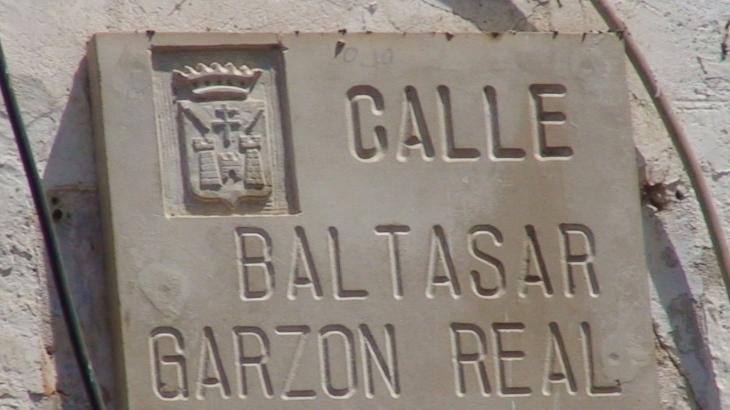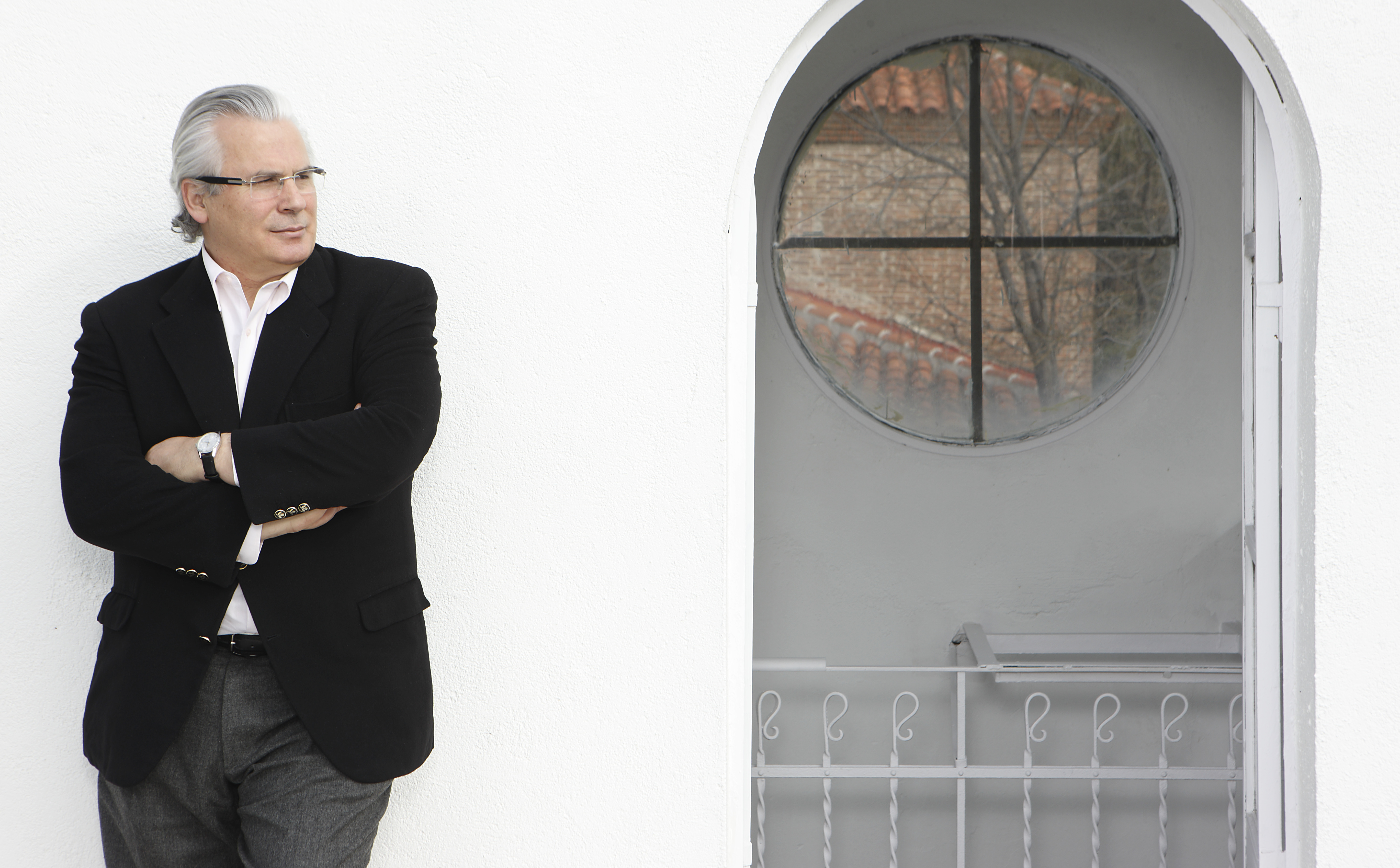
Baltasar Garzón Real was born on October 26, 1955 in Torres, Jaén. The second of five children of a farmer and later gas station attendant Ildefonso Garzón Cruz. Torres now has a street named after the jurist. He attended seminars in Baeza and Jaén, but soon after, he abandoned his ecclesiastical studies.
The family moved to Seville, where Baltasar Garzón graduated in law from the University of the Andalusian capital in 1979. Having been selected No. 11 out of 51 applicants, he began his legal career on February13, 1981 in the court of Valverde del Camino, province of Huelva. A few months earlier, in November 1980, he married Maria Rosario Molina, with whom he has three children.
In 1980 he agreed to his legal career approving the appointment to Judge of 1st Instance and Instruction number 11 in his class. In February 1981 he was appointed Judge of First Instance and Instruction of Valverde del Camino (Huelva).
In August 1981 he took office as Judge of First Instance and Instruction Villacarrillo (Jaén). In July 1983 he was promoted to Magistrate. His first assignment was Vitoria (Court of First Instance and Instruction 3 of Vitoria (Alava) Second, in November 1984, the Court of First Instance and Instruction 3 of Almeria. In February 1987 he was appointed chief inspector of the General Council of the Judicial Courts for all of Andalusia.
In February 1988, he was appointed to the Central Court of Instruction No. 5 of the High court. His powers were those stated in Article 65 of the Organic Law of Judicial Power, as well as the law on terrorism. From this position, as one of the four judges in charge of instructing cases against terrorism and drug trafficking, he led many proceedings against the terrorist organization ETA and several major cases involving drug trafficking operations like “Nécora” (1990), which dismantled the organization led by Laureano Oubiña and “Python” (1991), with the arrest of the members of the so-called ” Charlines clan” who “fished” off the Galician coast.
In May 1993, he was in a position of special services within his legal career, when he ran as an independent in the PSOE (Partido Socialista Obrero Español [Spanish Socialist Worker’s Party]) lists in the general elections of that year and obtained the certificate of Member of Parliament for Madrid.
In July 1993, he was appointed Secretary of State-Government Delegate for the National Plan on Drugs. During the time he held this position he coordinated seven Ministries and those relevant to the 17 autonomous communities of Spain with their own budget, developing a permanent task of coordination with social organizations and Parliament. He also created a new structure that remained in place until 2005 and has evolved consolidating the action in the fight against drug trafficking in the Ministry of Interior.
He also coordinated international government policy on drugs by attending the UN agencies in Vienna and New York in compliance with such representation and signing bilateral agreements with other countries, such as Germany or Portugal, among others.
On May 16, 1994, after resigning from the post of Secretary of State and renouncing delegation, he returned to his position as a judge in the Central Court of Instruction No. 5 of the High court.
On March 1, 2005, following a study license granted by the General Legal Council, he joined as Senior Fellow at the Centre on Law and Security, School of Law, New York University, and as Professor of “Spanish Culture and civilization” in the King Juan Carlos I of Spain Centre of New York University.
On June 30, 2006, he returned to his work as a Magistrate Judge of the Central Court of Instruction No. 5 of the High court.
On 16 October 2008, Garzón was declared competent to investigate the crimes of Francoism with regard to crimes against humanity, but soon after was removed in favour of territorial courts where the graves of the victims were located. The right-wing union Manos Limpias [Clean Hands], brought charges against Garzón for prevarication (knowingly issue a decision contrary to law), claiming that it had exceeded his powers in the investigation of Franco. In May 2009, the Supreme Court agreed to hear and then also admitted two other complaints of Freedom and Identity and Falange Española de las JONS (Juntas de Ofensiva Nacional Sindicalista) [Spanish Phalanx of the Assemblies of the National Syndicalist Offensive].
In 2010 due to the opening of the trial called Historical Memory, he was suspended from duties.
On May 23, 2010, the Prosecutor of the International Criminal Court in The Hague appointed him external consultant.
On May 20, 2011 he was appointed External Consultant for the OAS Peace Process Support Mission in Colombia.
On July 7, 2011, he joined the Committee for the Prevention of Torture of the Council of Europe.
. In November 2011, he began work as coordinator of the International observation on the process of reform of the legal system in Ecuador, until January 2013.
Garzón chairs the Fundación FIBGAR, Foundation for Human Rights organization and universal jurisdiction, whose headquarters are also in Madrid. The Foundation is currently developing programs in Spain, Argentina, Colombia and Mexico.
Since April 3, 2012, he has practiced law under the Bar Association of Seville (Spain)
